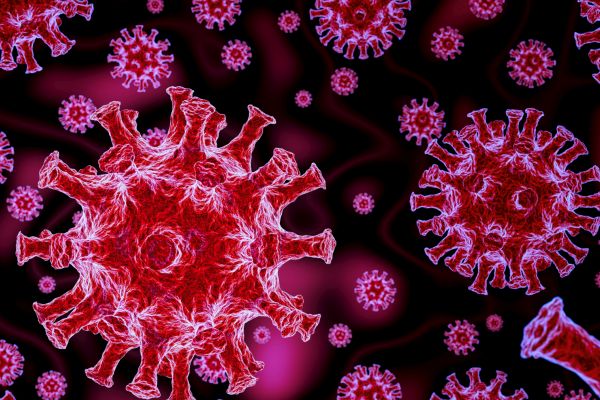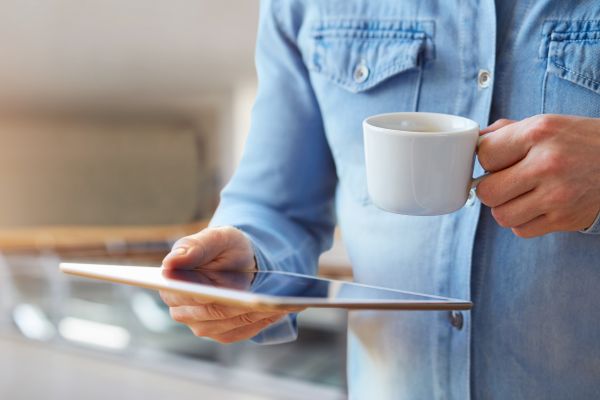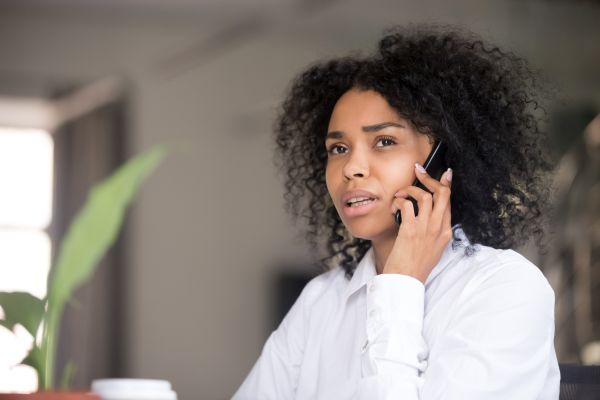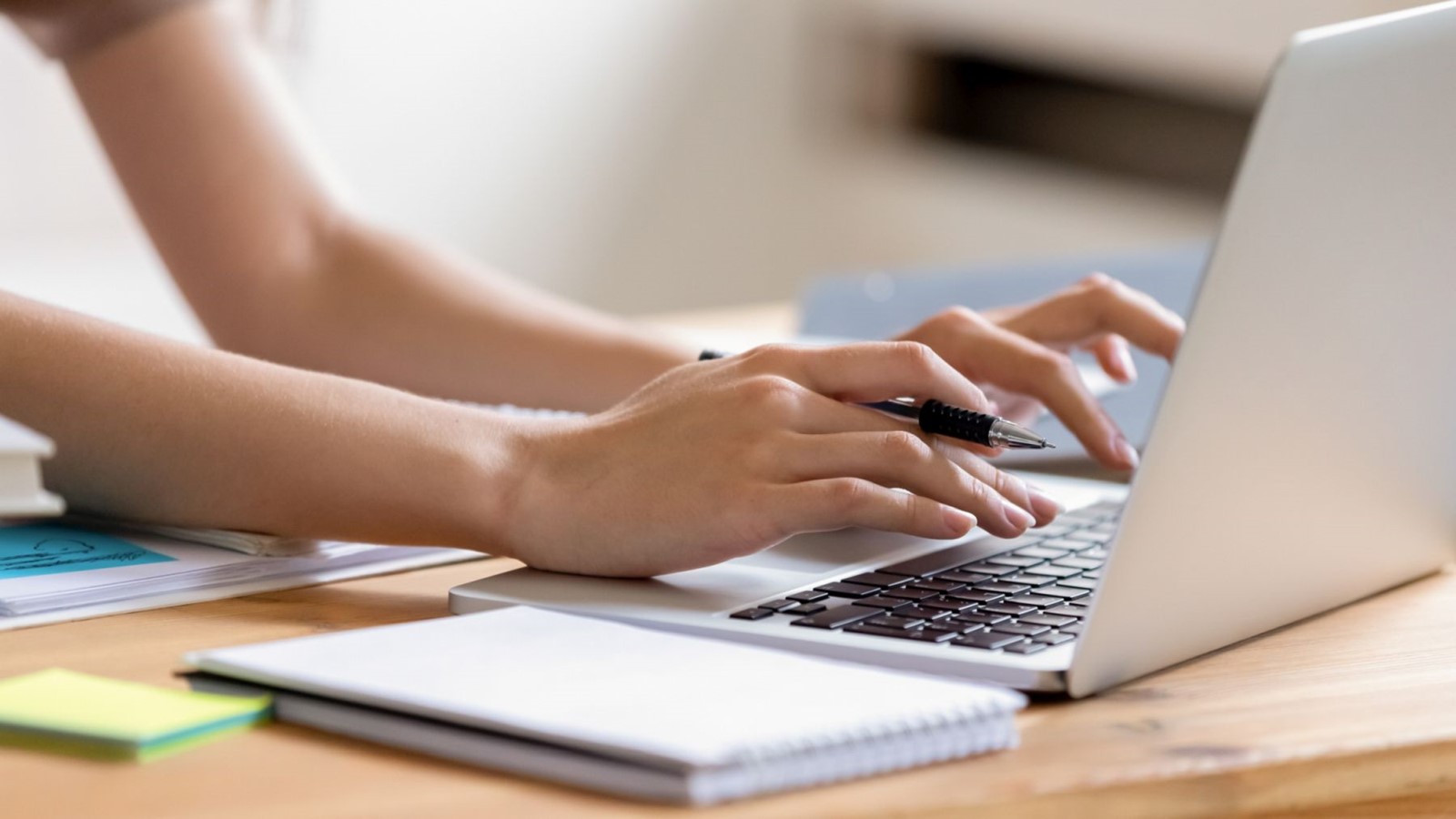It’s been a while since we in the UK went into ‘lockdown’. A fearmongering word that conjures up a lack of freedom and personal liberty which to some extent is of course true. The first two weeks were a huge learning curve for me in terms of online working but now I feel grateful for the knowledge and experience I am gaining.
Like others, I had to create a home office taking into consideration issues of confidentiality and soundproofing whilst also being mindful that clients were going to see me in my home space. As a client, having your therapist ‘show up’ in your home can feel highly intrusive and diminish containment of the therapeutic work.
By and large I tried to hold the session at the same time as previous appointments and fortunately all of my clients and supervisees were understanding of this sudden, new way of working. But of course some clients adapted quicker and more easily than others to this weird transition imposed on us all. So in some cases we almost had to go back to the beginning, recreating a sense of therapeutic safety and re-establishing boundaries until the client felt settled once again. Several weeks in, I think a pattern has emerged and our work now continues as before.
Personally speaking, I feel very blessed and lucky during this time. I live at the foot of the South Downs and am so grateful to be able to walk my dog up on the hills, surrounded by nature and stunning views. The sense of spaciousness is essential for my peace of mind and grounds me when my own anxiety arises.
Like many others this time at home has forced me to slow down, increasing my creativity and enriching my everyday experience of simple things. But at times I struggle to balance my feelings of contentment and gratitude with the knowledge of the reality of others. The rise in domestic violence for example is horrific and makes a mockery of the advice ‘stay at home, stay safe.’ Being unable to see loved ones who are severely ill or dying, being unable to attend the funerals of those we have lost and simultaneously holding increasing anxieties about our own health, our livelihood and our children’s future – all of these terrible dilemmas challenge even the most resilient and optimistic of spirits.
But they also make us face some profound existential questions. How do we balance the paradoxical experience of what it means to be human? How do we hold the opposing presence of joy and sorrow, of safety and danger, of vulnerability and strength, indeed of life and death? I believe that now more than ever before as therapists and as human beings, we are being asked to directly face these questions. Let us hope that in the process of doing so, we can all emerge with a greater sense of who we are and of what really matters in life.

Coronavirus (COVID-19)
Guidance and resources for members

Sharing your experiences
Marking one year since the start of lockdown, we’re sharing your blogs about the impact the coronavirus pandemic has had on you, your practice and your clients

Coronavirus: Advice for the public
Advice on seeing a therapist during the pandemic, plus tips, advice and coping strategies from our members to help you through these uncertain times
Views expressed in this article are the views of the writer and not necessarily the views of BACP. Publication does not imply endorsement of the writer’s views. Reasonable care has been taken to avoid errors but no liability will be accepted for any errors that may occur.
